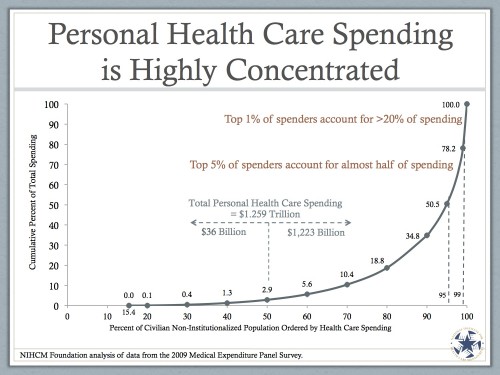PolitiFact | Mitt Romney says 'Obamacare' adds trillions to the deficit
Here, we’re fact-checking Romney’s claim that "Obamacare adds trillions to our deficits and to our national debt." It’s a topic we’ve researched before.
We asked the Romney campaign for their evidence for this statement, but we didn’t hear back.
For claims about laws that are not yet fully enacted, our go-to source is the Congressional Budget Office. It’s a nonpartisan, widely respected agency with an expert staff that generates projections and reports about how proposed laws affect the federal budget.
The Congressional Budget Office is not always right in its projections. In recent years, for example, it overestimated how much it would cost to cover prescription drugs for seniors in Medicare. The program actually came in under projections.
But for claims about deficits, we consider the Congressional Budget Office, often called the CBO, to be the standard by which we fact-check claims.
The CBO said this about the health care law back in 2010: It lowers the deficit, by about $124 billion over 10 years.
And in 2011, when Republicans offered a bill to repeal the health care law, the CBO said that increased the deficit, by about $210 billion over 10 years.
Now, is the CBO infallible? Certainly not. And good questions have been raised about some of the CBO’s methods in accounting for the health care law’s effects. We reported on some those concerns in great detail in a fact-check of statement from U.S. Rep Paul Ryan, R-Wisc. He said the law was "accelerating our country toward bankruptcy." We rated that Mostly False.
The CBO itself acknowledges the uncertainty surrounding its estimates. Its reports regularly warn that uncertainty increases as it makes projections farther into the future.Sphere: Related Content


